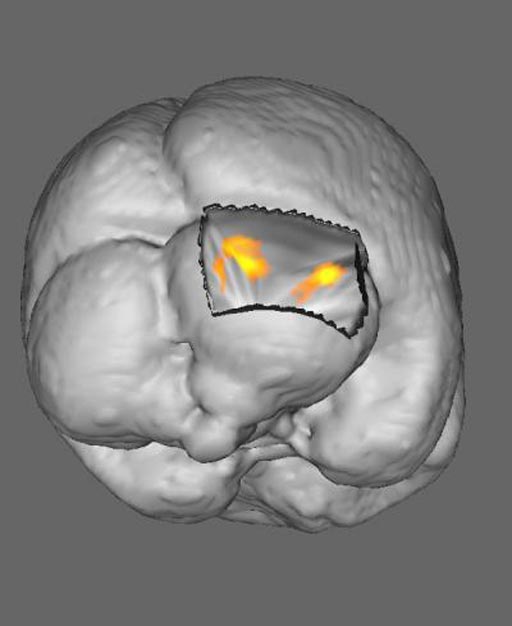Reading with Children Offers Cognitive Improvement
By MedImaging International staff writers
Posted on 07 Jun 2017
A new international study into the cognitive development of pre-school children has shown that reading stories while engaging with the children results in significantly greater brain activity, and suggests resulting improvements in engagement and understanding.Posted on 07 Jun 2017
The researchers used functional Magnetic Resonance Imaging (fMRI) for the study, which reinforces previous research showing the value of dialogic reading during the early development of children.

Image: A shared reading experience between pre-school children and their parents could result in improved literacy and brain development (Photo courtesy of Cincinnati Children\'s Hospital Medical Center).
The study was led by researchers from the Cincinnati Children's Hospital Medical Center (Cincinnati, OH, USA) and was published in the May 31, 2017, issue of the journal PLOS ONE. The aim of the study was to investigate how engagement and verbal interactivity during reading affected neural activation and brain connectivity in 22, four year-old girls. The researchers found that those children who showed more interest in the stories read also had greater activation in the right-sided cerebellar areas of their brains.
Lead author of the study, pediatrician John Hutton, MD, said, "The takeaway for parents in this study is that they should engage more when reading with their child, ask questions, have them turn the page, and interact with each other. In turn, this could fuel brain activation – or "turbocharge" the development of literacy skills, particularly comprehension, in preschool aged children. Our findings underscore the importance of interventions explicitly addressing both parent and child reading engagement, including awareness and reduction of distractions such as cell phones, which were the most common preventable barrier that we observed."
Related Links:
Cincinnati Children's Hospital Medical Center














